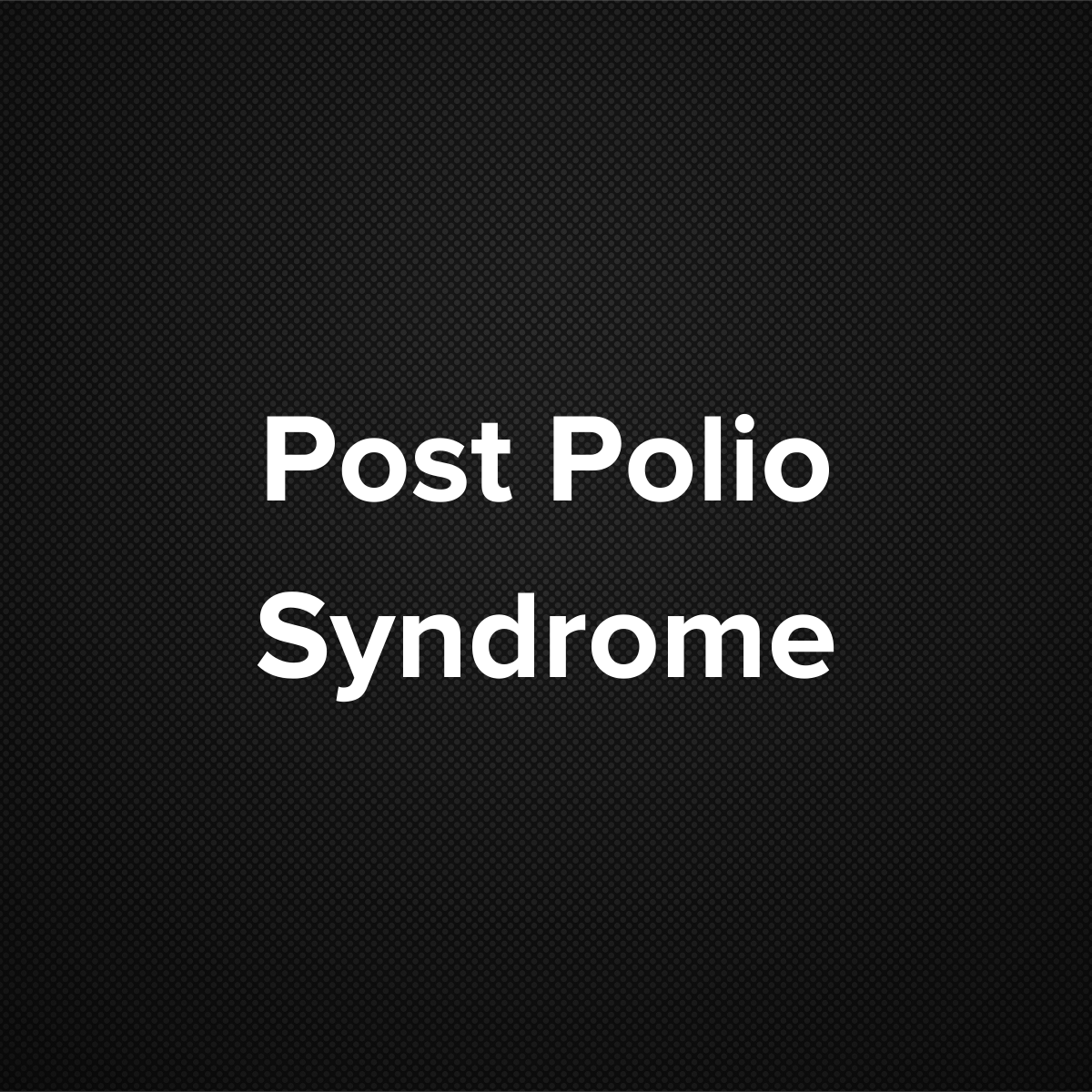Causes and risk factors
Polio virus attacks certain specific nerve cells of the brain stem and anterior horn cells of spinal cord. A motor unit consists of a nerve cell and the muscle fibre it activates. The nerve cells which survive after the attack, form new nerve terminals for the affected muscle fibres. There is recovery of movement and lead to enlarged motor units. Years after the attack, the enlarged motor units add stress to the nerve cell body. It can’t meet the metabolic demands of the new nerve terminals. This leads to slow deterioration of motor units. Thus gradual degeneration of individual nerve terminals in the enlarged motor units lead to muscle weakness termed as post polio syndrome. The predisposing factors for PPS are history of paralytic poliomyelitis, history of partial or complete recovery of neurological function.
Clinical presentation
PPS is seen in patients affected with polio or polio survivors. It is a non contagious disease. Symptoms of PPS include fatigue, joint and muscle pain, new muscle or joint weakness. There is difficult respiration, difficulty in swallowing [dysphagia]. Patient experiences sensitiveness to cold. Patient complains of general fatigue with least exertion, muscle atrophy, sleep apnoea.
Investigation
Medical history by the patient and Clinical examination by the doctor helps in diagnosis. Histories of paralytic poliomyelitis, history of partial or complete recovery of neurological function confirms the diagnosis. Routine blood tests are done. Electromyography [EMG] is done. Muscle biopsy is recommended. Imaging studies such as MRI, CT scan is useful for further evaluation.
Treatment
PPS treatment consists of supportive care i.e. adaptive devices and physical therapies are advised. Adaptive devices such as walking stick, crutches, walker or a wheelchair, braces, splints will help in managing PPS. Therapies such as Occupational therapy, physiotherapy are useful. Weight control and healthy eating is recommended. Analgesics are required to manage the pain in affected limbs or muscles.
Other Modes of treatment
The other modes of treatment can also be effective in treating PPS. Homoeopathy is a science which deals with individualization considers a person in a holistic way. This science can be helpful in combating the symptoms. Similarly the ayurvedic system of medicine which uses herbal medicines and synthetic derivates are also found to be effective in treating PPS.






























